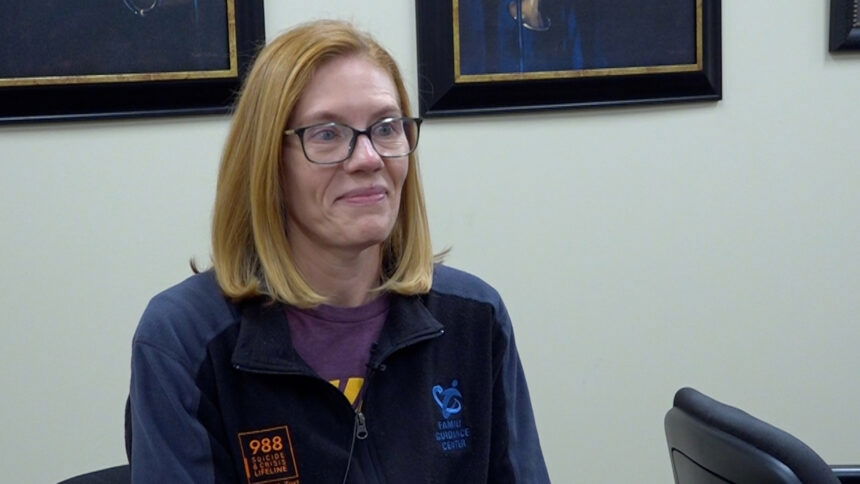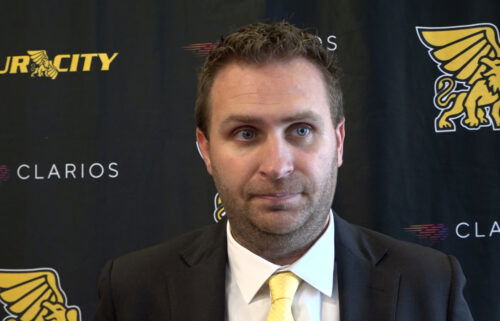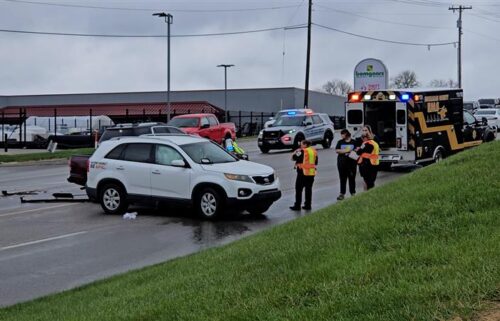Open conversations can be the best defense against juvenile drug overdoses

It's easier than ever for a child or teenager to access life-threatening drugs like crystal meth, cocaine, heroine and opioids like fentanyl, and it's up to parents and guardians to be the barrier between their kids and an accidental overdose.
According to a KFF analysis, in 2023, 539 adolescents died from a fentanyl overdose. These numbers are alarming, but can be decreased significantly when parents begin talking to their kids about the risks of drug use before they even start school.
“Those conversations about substance use need to start very, very early and very often with kids," Family Guidance Center Co-CEO Kris Hannon said. "And when I say very early, I'm talking two to four year old range.”
It’s essential to make it clear that unless it comes from a parent, guardian or doctor, any medication could be dangerous because just one pill can kill.
Children also need to feel secure that if they are in a dangerous situation, they can depend on their family or local law enforcement for help.
“The other thing to teach children very early is don't run, call 911," Hannon said. "Missouri is fortunate that we have a law that if you are in a situation where somebody overdoses, you can call 911 and you will not be charged with the crime.”
Parents should be able to access their kids’ phone and social media accounts through passwords or passcodes to ensure they are being safe online. Monitoring apps like Bark and Aura can help protect children from drug traffickers.
“People try to give their kids freedom and that's great," Buchanan County Drug Strike Force Capt. Shawn Collie said. "That's something that the kids, you know, will need to grow into adulthood. But they still also need that oversight from a parent. And they need a parent to be a parent,”
Those tough face-to-face conversations with kids may feel weird, but they could be the difference between life and death.
"There's so much pressure now on the youth today, whether it's social media at school and other events," Collie said. "And so having that relationship with the child is going to be kind of paramount to you, making sure they stay safe."
Collie said many families struggle reaching out for help because of the stigma associated with substance abuse, but it's better to address the issue before it becomes fatal.
"Probably one of the worst things we see within our job is that stigma of people not wanting to reach out for help, you know, families not wanting to acknowledge that somebody within their family has a drug problem," he said. "We have to get past that stigma and be able to openly talk to outside people to get the help we need. Don't try to go it alone."
St. Joseph has several local resources that can help families struggling with substance abuse, including Family Guidance Center, the Health Department Clinic and Mosaic Life Care.




